Summer mastitis is usually a disease of non-lactating cows and heifers in summer months. We may also see it in steers or bulls, due to their presence of mammary tissue. It is often a hidden problem on farms, and once a case is identified it can be too late to save the affected quarter of the udder.
Summer mastitis is caused by sheep head fly, which is a nuisance fly around livestock in the summer months, and it transmits the bacteria to the udder, causing infection.
The sheep head fly thrives in warm, humid weather, and cases of summer mastitis are commonly seen between July and September – the disease is sometimes referred to as ‘August bag’.
Clinical signs include any enlargement of the gland or teat in a dry cow or heifer that is out grazing. Typical signs of infection include pain and swelling in the udder, agitated behaviour in the animal such as kicking or licking the udder, and the presence of flies.
The disease can often go unnoticed. If you are getting a lot of three-quarter heifers calving in, who are out grazing over summer then that may suggest there is a problem with summer mastitis in the herd.
If the disease is caught early enough, it can be treated with non-steroidal anti-inflammatories and an antibiotic. However, once the infection progresses, the treatment is focused on saving the animal’s life, and not just her udder.
Prevention is mainly focussed on fly control. This includes the use of pyrethroid products, such as a pour-on or insecticide-impregnated ear tag, or biological control methods such as the use of parasitic wasps.
Farmers should avoid grazing dry cows and heifers in areas with hedges or lots of shrubs. These are preferred habitats for flies to congregate. Open areas are often better, where there is more likely to be a breeze as these conditions are less favourable to flies.
In dairy herds, if you suspect that you may have a problem with summer mastitis you should consider using teat sealants on heifers as well as dry cows.
In all cases, if you suspect you have a problem with summer mastitis you should speak to your vet about treatment and preventative options.

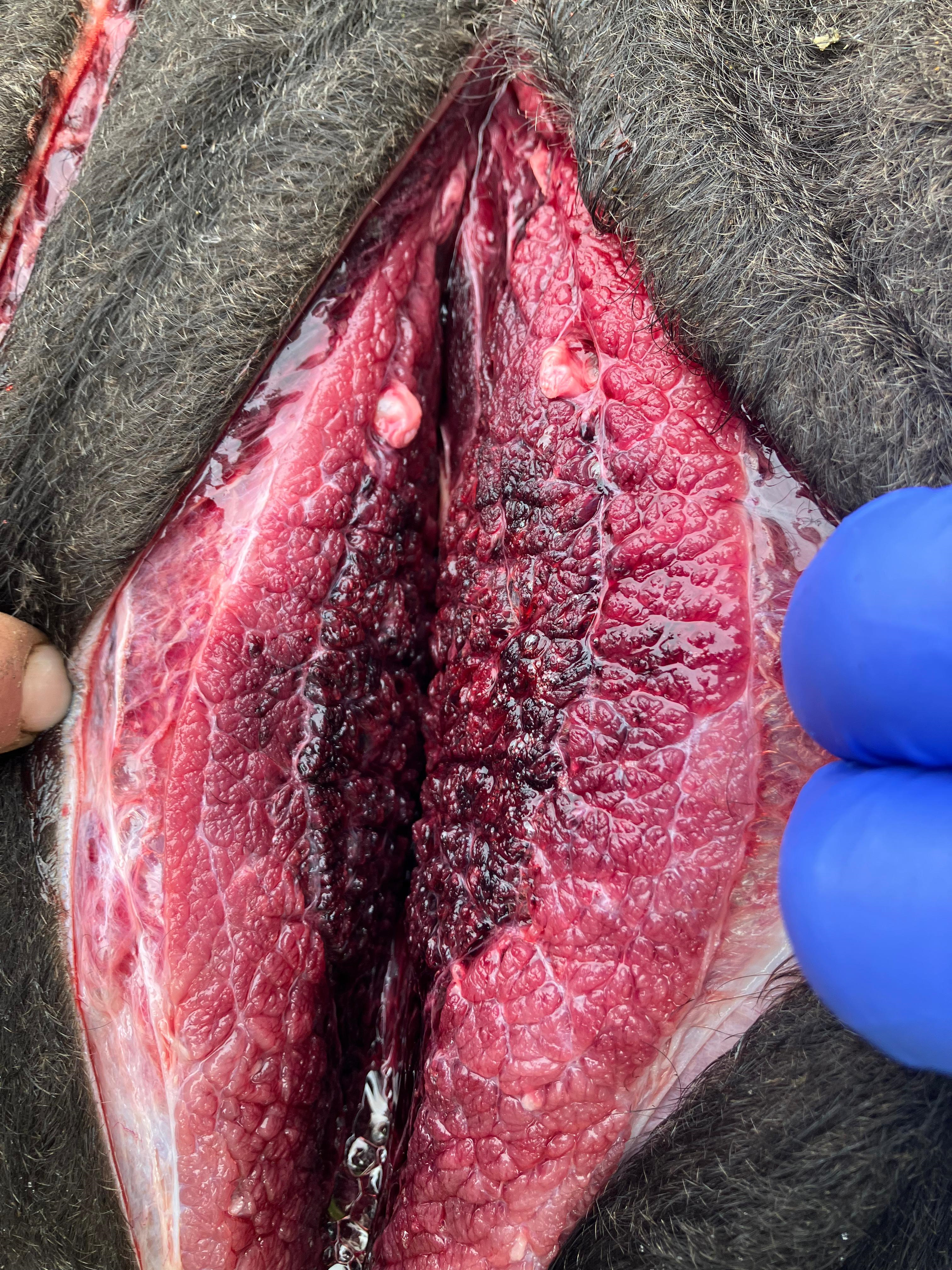

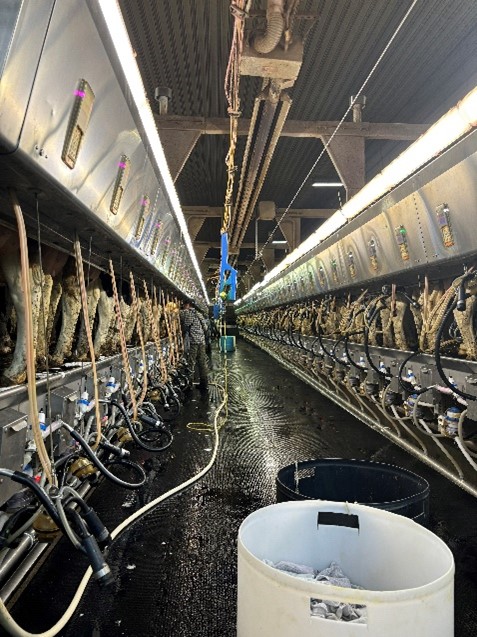
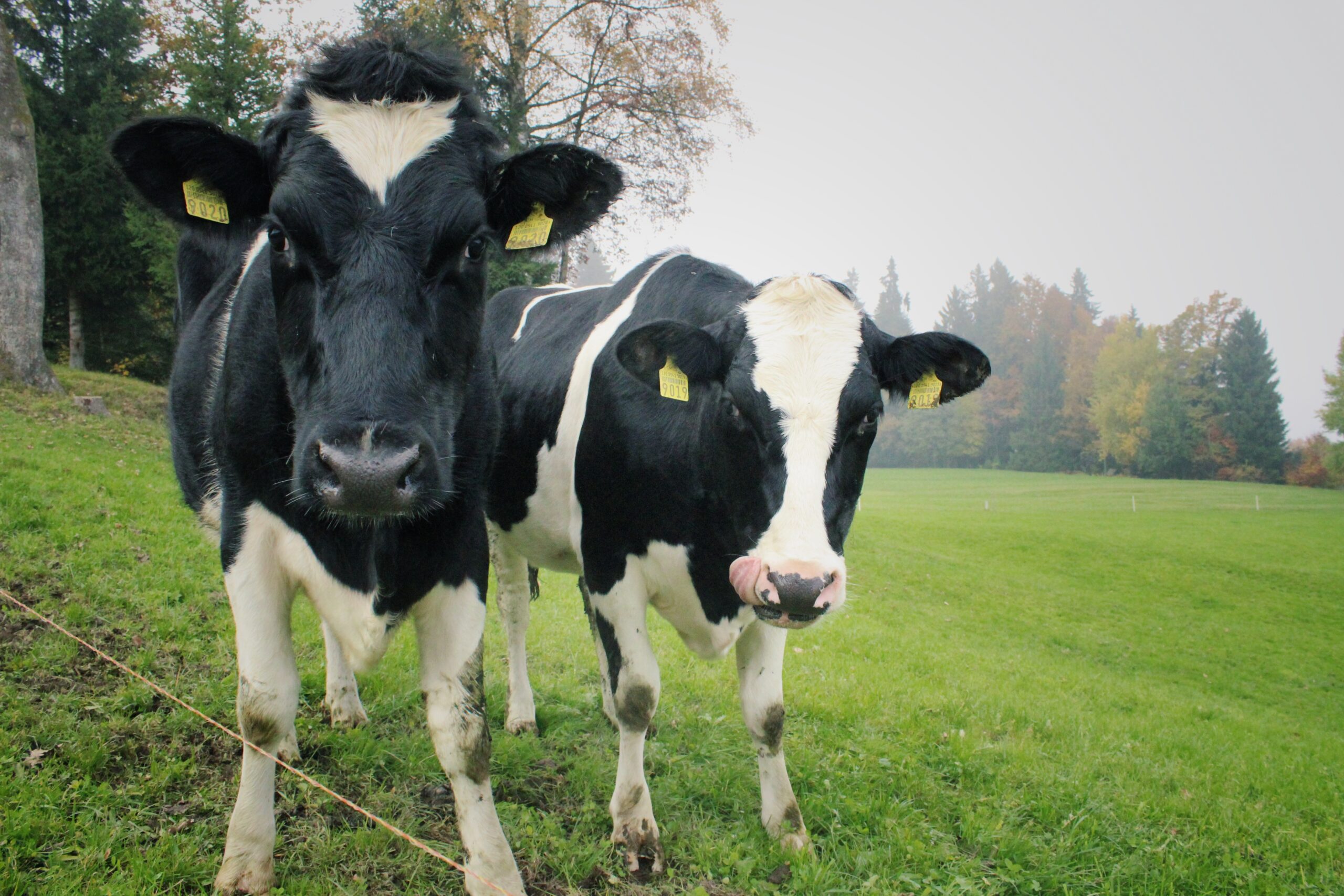
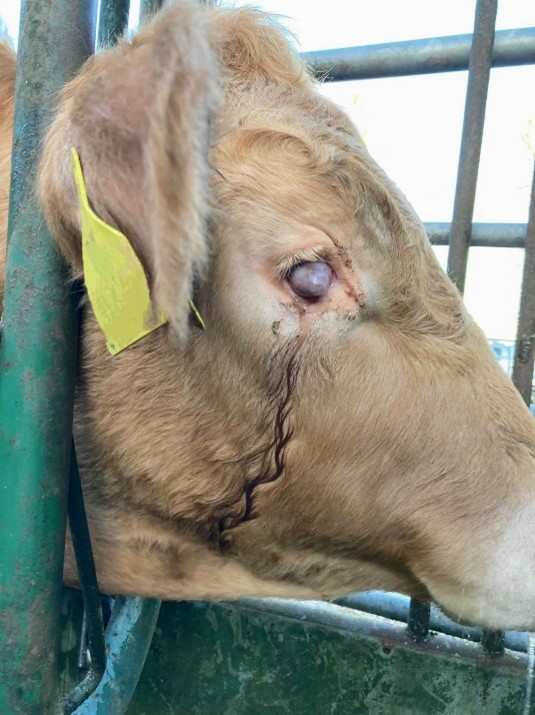

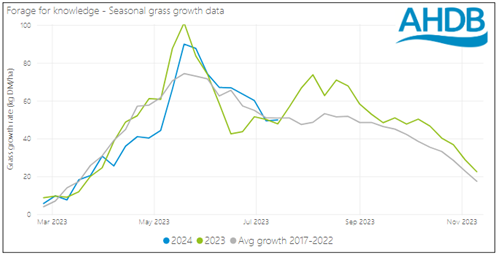


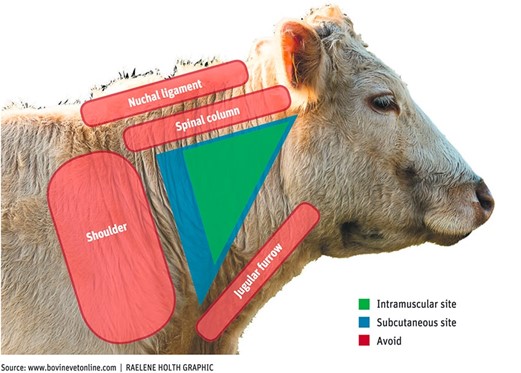
Leave A Comment